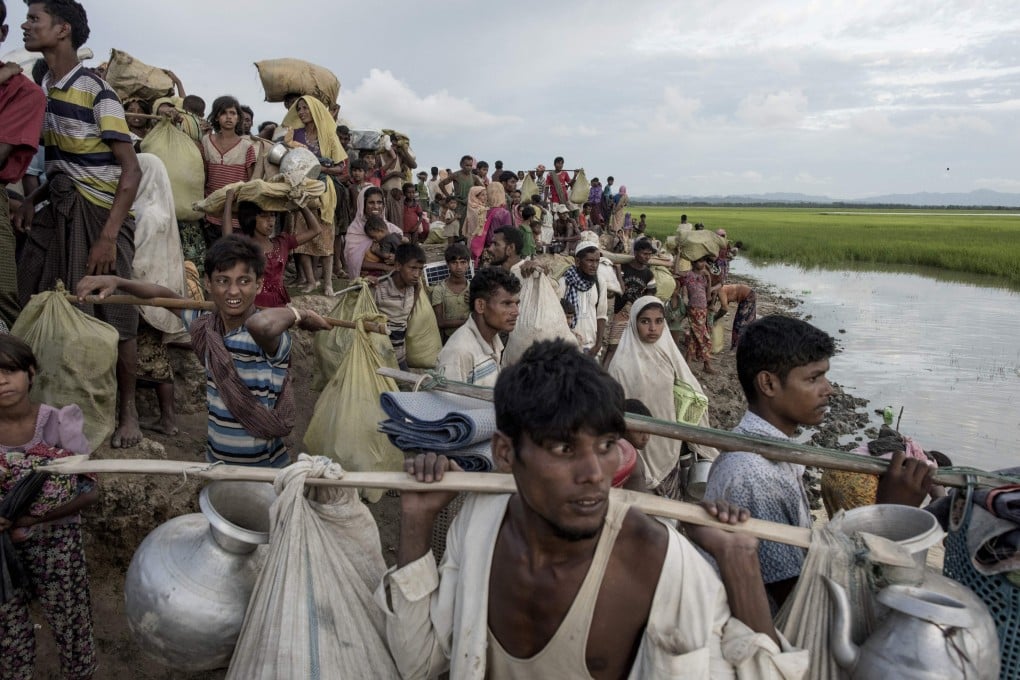Opinion | Myanmar’s Rohingya crisis is moving backwards. Here’s how to resolve it
- Regional powers, including China and Asean, must help ensure Kofi Annan’s Rakhine Advisory Commission recommendations are met
- The author, formerly at the UN and now Secretary General of the Norwegian Refugee Council, visited Myanmar recently

In 2012, the world watched as a wave of violence pushed at least 110,000 Rohingya people in Myanmar’s western Rakhine state from their land. Families wound up in overcrowded, flood-prone displacement camps, surrounded by armed guards, with neither the permission nor security to return home. The unmaking of their communities began. They were still waiting for permission to return and security when I met them in camps outside Sittwe town at the end of October.
Two years later, families confined to camps in Bangladesh continue to live in limbo. Despite a formal agreement signed between the two governments to repatriate the refugees, alarming developments on the ground have made this impossible. Continuing down this path will serve only to spawn another hopeless and unending refugee crisis.
Three developments must be reversed.
First, a massive land grab is under way in Myanmar’s poorest state. As the country opens for business, foreign investors, construction companies, local and national authorities, and other Burmese communities have rushed in to occupy the land where torched villages once stood. Rohingya and other displaced communities are unaware that others are stealing their homes and their ancestral land. One of the world’s greatest mass land grabs is happening on our watch.
